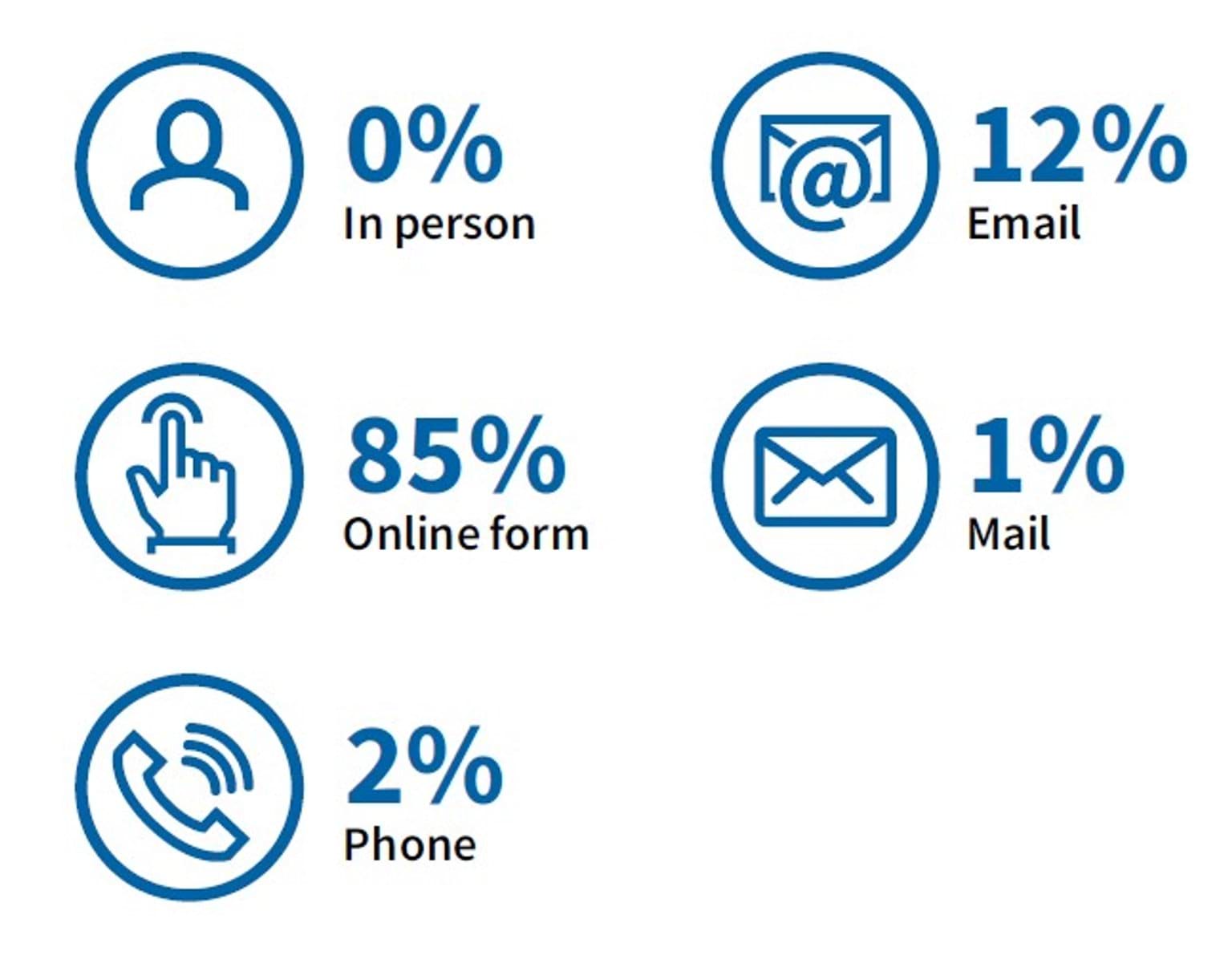Enquiries
The Inspectorate regularly receives enquiries from community members, councils and councillors seeking advice, information or raising issues that fall outside the Inspectorate’s jurisdiction. Other enquiries received by the Inspectorate are often referred from other state government agencies and sector representative bodies. The Inspectorate endeavours to assist with enquiries where possible.
Complaints
The Inspectorate receives allegations pertaining to offences and/or breaches under the Act and has a responsibility to assess all complaints as part of its role. Investigators initially assess whether the allegation is within the Inspectorate’s jurisdiction. Complaints are then subject to an ‘initial action’, where evidence is gathered to determine whether the allegation can be substantiated. This process will determine whether the allegation constitutes a breach or offence under the Act, if it should be referred to another responsible authority or if there is no breach or offence under the Act.
There were 1,164 complaints accepted for assessment by the Inspectorate in the 2020–21 financial year. This almost tripled the previous year’s complaint volume and is in line with the overall trend of an approximate 11% increase in complaints across the four-year council cycle.
Investigations
While complaints are a main driver of investigations, the Inspectorate may launch its own motion investigation into any matter that potentially breaches the Act. During 2020–21, 51 investigations were completed.
| Reporting period | Complaints | Investigations complete |
|---|---|---|
| 2016-17 (election year) | 576 | 56 |
| 2017-18 | 417 | 39 |
| 2018-19 | 421 | 29 |
| 2019-20 | 336 | 22 |
| 2020-21 (election year) | 1,164 | 51 |
As with the previous financial year, major investigations drew significant resources, and a reduction in staff resulted in a decreased capacity to investigate. These challenges have been offset by an improved initial assessment process, which has enabled complaints to be assessed and either dismissed, referred to other agencies or allocated to an investigator in a more efficient manner.
Coercive powers
Under the Act, the CMI has powers to require the provision of reasonable assistance, which may require the production of documents and evidence or require a person to appear for examination under oath. In 2020–21, the use of the powers were approved on 50 occasions to obtain documents or interview people.
We interviewed 28 individuals in 2020–21 and the vast majority of interviews were voluntary. We used our coercive powers once to interview one individual.
Warnings
Warnings are issued for matters where a breach of the Act is substantiated but an alternative to a prosecution is considered to better serve the public interest. During 2020–21, we issued 139 warnings in relation to the council elections, 22 in relation to interest returns and a further three warnings. Warnings are used as an educational tool in making recipients aware of their obligations under the Act and of the consequences for further transgressions.
Updated


